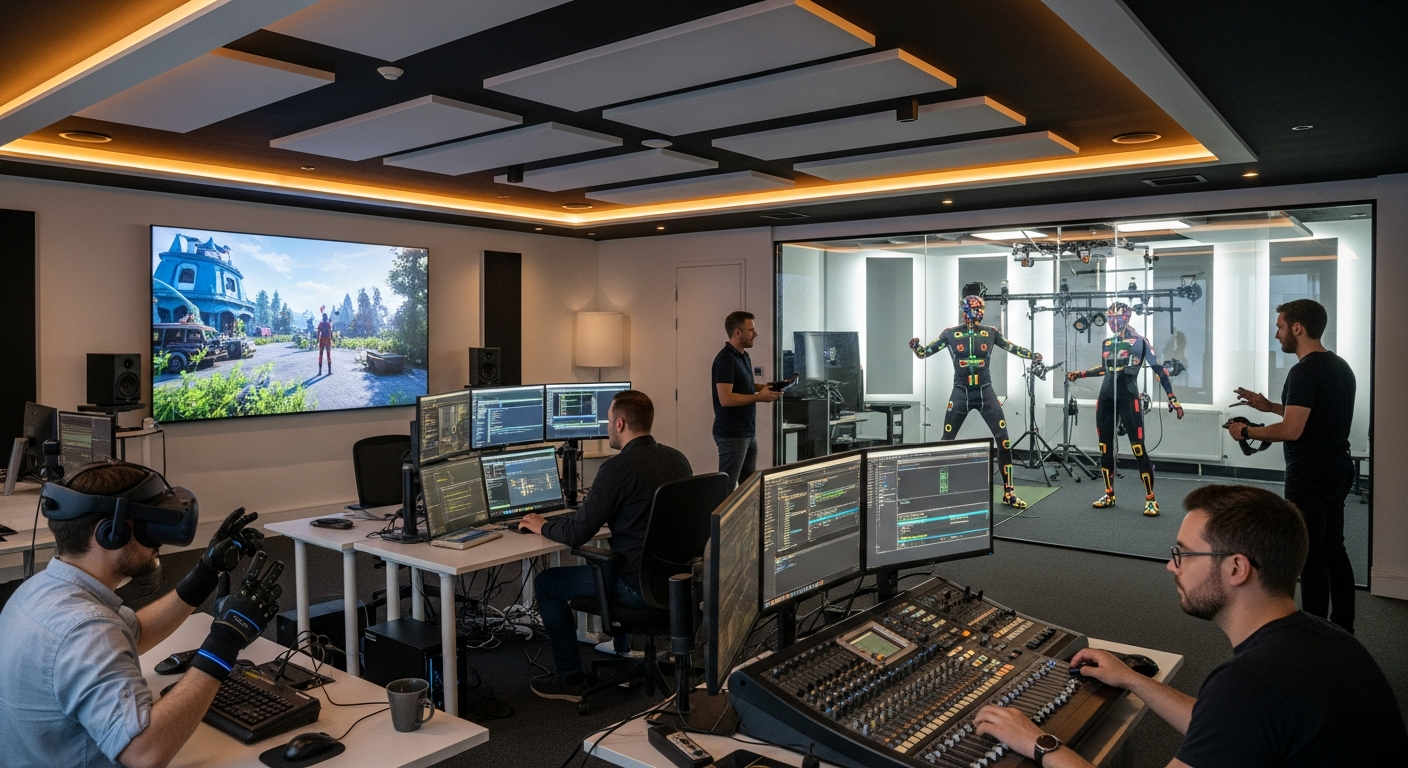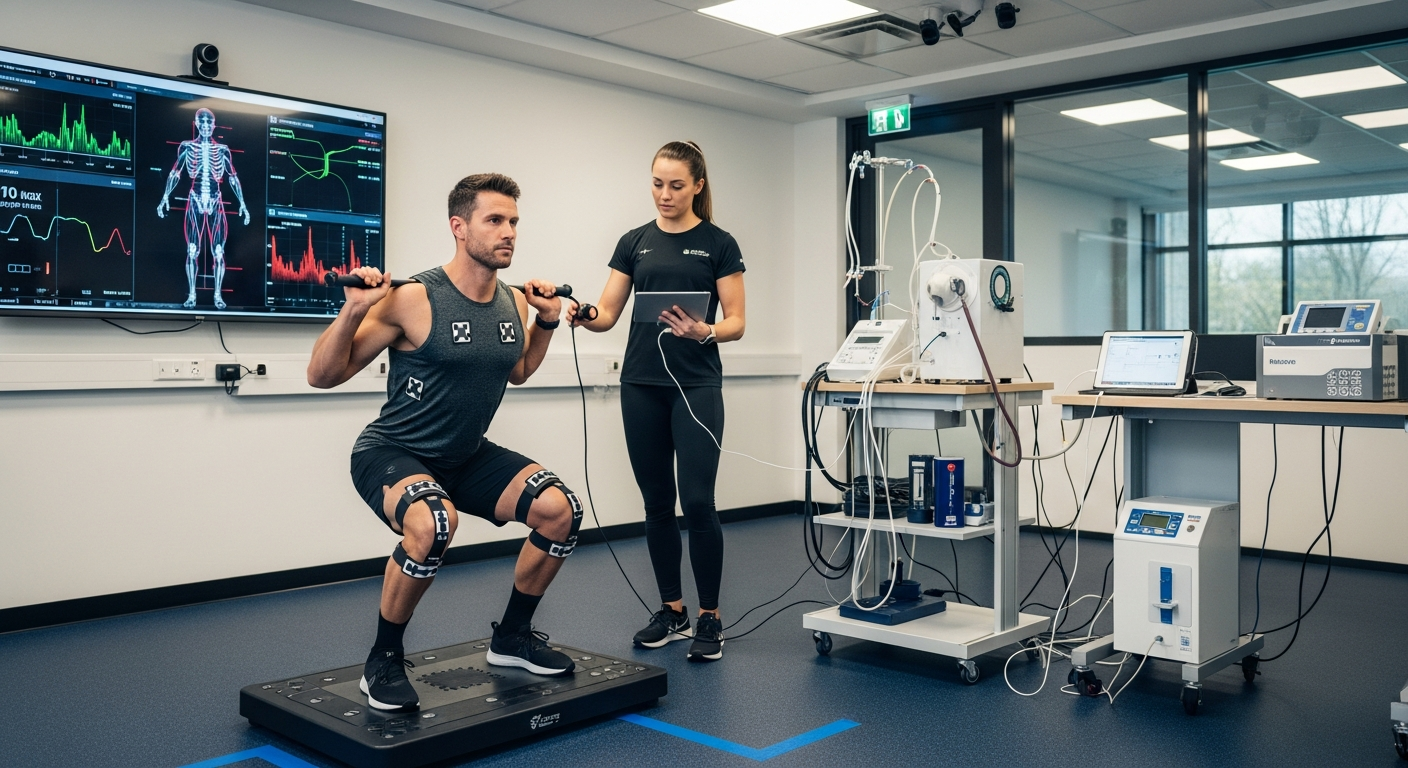The Hidden Power of Informational Interviews
In today's competitive job market, savvy professionals are turning to an often-overlooked strategy that can unlock doors to career opportunities and industry insights. Informational interviews, a powerful yet underutilized tool, offer a unique blend of networking, learning, and personal branding. This article delves into the art of informational interviewing, exploring its potential to reshape your career trajectory and professional relationships.

The Strategic Value of Information Gathering
One of the primary benefits of informational interviews is the wealth of insider knowledge they provide. By speaking directly with industry professionals, you gain access to current trends, challenges, and opportunities that may not be readily apparent from job postings or company websites. This intelligence can be invaluable in shaping your career decisions, helping you identify emerging niches or skills that are in high demand.
Building a Robust Professional Network
Networking remains a cornerstone of career success, and informational interviews offer a unique way to expand your professional circle. Unlike traditional networking events, these one-on-one conversations allow for deeper connections and more meaningful exchanges. Many professionals are flattered to be asked for advice and are often willing to introduce you to other contacts or keep you in mind for future opportunities.
Honing Your Personal Brand
Informational interviews provide an excellent platform for refining your personal brand and elevator pitch. As you engage in multiple conversations, you’ll naturally become more articulate about your skills, experiences, and career aspirations. This practice can prove invaluable when you find yourself in formal interview situations or networking events, allowing you to present yourself with confidence and clarity.
Navigating Career Transitions with Insider Insight
For those considering a career change or industry pivot, informational interviews can be particularly enlightening. They offer a low-risk way to explore new fields, understand the realities of different roles, and assess whether a particular career path aligns with your goals and values. This firsthand information can help you make more informed decisions about your career trajectory and potential transitions.
Mastering the Art of the Informational Interview
To make the most of informational interviews, preparation is key. Research the person you’ll be meeting and their company thoroughly. Prepare thoughtful questions that demonstrate your genuine interest and initiative. During the conversation, be respectful of the person’s time, listen actively, and show appreciation for their insights. Follow up with a thank-you note and, if appropriate, keep them updated on your career progress.
Overcoming Hesitation and Building Confidence
Many people feel uncomfortable reaching out to strangers for informational interviews. However, it’s important to remember that most professionals are willing to share their experiences and advice. Start with your existing network, including alumni associations or professional organizations, to build confidence. As you conduct more interviews, you’ll likely find that the process becomes easier and more natural.
Leveraging Technology for Virtual Informational Interviews
In an increasingly digital world, virtual informational interviews have become more common and accepted. This format offers flexibility and can expand your reach beyond geographic limitations. When conducting virtual interviews, ensure you have a professional setup, test your technology in advance, and maintain the same level of professionalism and engagement as you would in person.
Turning Insights into Action
The true value of informational interviews lies in how you apply the knowledge gained. After each conversation, take time to reflect on what you’ve learned and how it might influence your career decisions. Consider creating a system to organize the insights, advice, and contacts you’ve gathered. This information can guide your job search strategy, skill development plans, and overall career path.
Cultivating Long-term Professional Relationships
While the immediate benefits of informational interviews are clear, their long-term value shouldn’t be underestimated. Many of these conversations can evolve into mentoring relationships or ongoing professional connections. By maintaining contact and showing genuine interest in the careers of those you’ve interviewed, you’re building a network that can support you throughout your professional journey.
In conclusion, informational interviews represent a powerful, yet often underutilized, tool in career development. By embracing this strategy, professionals can gain valuable insights, expand their networks, and position themselves for success in an ever-evolving job market. As you embark on your own informational interviewing journey, remember that each conversation is an opportunity to learn, grow, and potentially uncover your next big career move.






